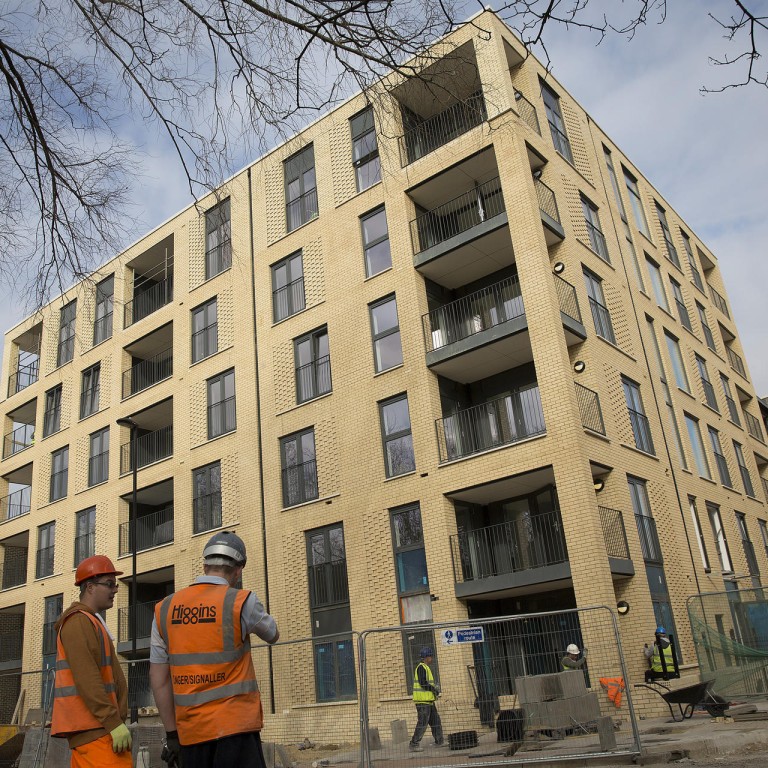
Mainland buyers of British property unfazed by new taxes
Mainlanders, who spent about £3.5b on British property last year, are unfazed by new tax laws
Property-related taxes imposed and proposed by the British government will not deter mainland Chinese intent on buying property in Britain, lawyers and industry insiders say.
"The new tax laws haven't dampened people's enthusiasm to purchase UK property," Katie Graves, a Hong Kong-based partner at international law firm Withers, said.
"People will still buy UK property but might reconsider how they structure their purchases."
Patrick Hamlin, the Withers lawyer in charge of risk and compliance in Asia, said: "Wealthy [mainland] Chinese individuals are into real estate in places like Hong Kong, Singapore, New York and London. It's often linked to the education of their children."
The profile of mainland buyers of British property had broadened dramatically in recent years, said Paul Woodward, managing director of the Real Asset Boutique, a Hong Kong consultancy that connects investors with London assets including property, wine and art.
Ordinary affluent families are buying middle-market properties
"It is not just the super-rich who are buying in the UK," he said. "Ordinary affluent families are buying middle-market properties."
Mainlanders spent an estimated £3.5 billion (HK$45 billion) on British property last year, Woodward said.
Britain's tax authorities published a consultation document late last month on a proposal to extend capital gains tax to non-residents who sell British residential property. It envisages the new rules taking effect from April next year. "The paper suggests a significant shift in the taxation of UK residential property held by non-residents," she said.
Woodward said the effect of the proposed tax on demand from mainland Chinese for London property would be" exceedingly muted", because the tax was not on the acquisition of property but on profits generated from April next year.
In its budget, delivered on March 19, the British government announced the existing 15 per cent rate of stamp duty land tax would be extended to the purchase of a residential property for more than £500,000 by "non-natural persons", such as companies. The previous threshold was £2 million.
The stamp duty for a property cheaper than £2 million was previously 4 per cent, Graves said, so "it's quite a big increase".
An "annual tax on enveloped dwellings" came into effect in Britain in April last year. It applies when a British residential property worth more than £2 million is owned via a "non-natural person".
If a property is commercially let out or commercially developed, the owner does not have to pay the "annual tax on enveloped dwellings", Graves said.
"For mainland Chinese, it has not been too much of a problem, as many of them rent out their properties."
When it was introduced, the annual tax ranged from £15,000, where the value of the property was over £2 million but less than £5 million, to £140,000, for properties worth over £20 million.
From April 1 next year, an annual tax of £7,000 will come into effect for properties valued between £1 million and £2 million. From April 1, 2016, an annual charge of £3,500 will come into effect for properties with a value greater than £500,000 but not more than £1 million.

